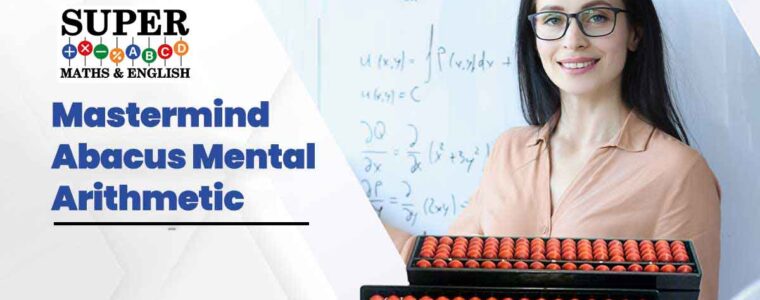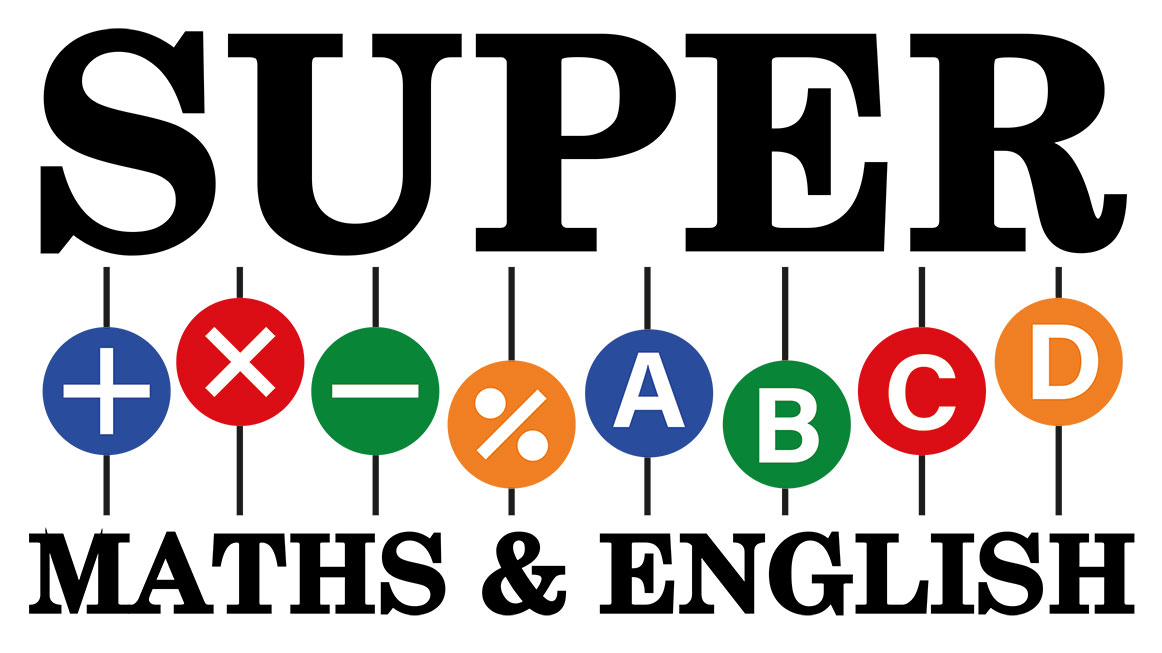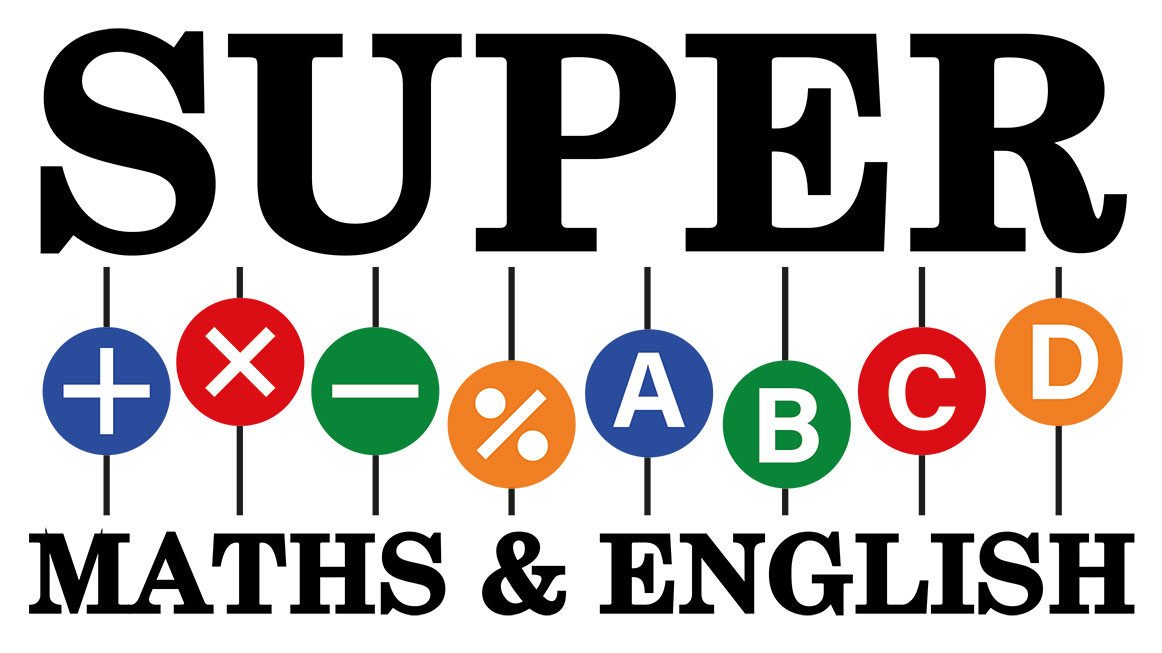
Abacus mental arithmetic is a powerful tool for sharpening mental math skills, enhancing concentration, and boosting confidence.
(Small introductions, kids come out on stage, they will have mimed actions for each question that follow, Leanne asks the questions:
- Are you of the opinion that math is boring? (Big yawn/look bored)
- Are the memories of being in school learning your times tables and mental arithmetic ones that you’d rather forget? (Hand on head looking scared)
- Do you often reach for the calculator to do simple sums for the sake of convenience? (Mime using a calculator)
- Do you want your children to have a positive attitude towards mathematics? ( big cheers and thumbs up)
If you answered yes to any of those questions, then you should pay close attention to what will follow.
There’s a new class in town and it’s making maths the coolest subject on the street.
(Kids cheer and look cool/happy)
Abacus Mental Arithmetic: Math Superstars
Dr Rashmi and colleagues at the British Youth International College have been turning their students into math superstars using the Abacus Method. The benefits of this technique are undeniable as it has proven to increase creativity and learning focus, but instead of standing here talking about all the benefits, we thought it would be better to show you just a couple of the ways that learning this method can improve your and your children’s lives.
Picture the scene: (kids will mime the scene, positions for scene in the car)
Abacus Mental Arithmetic: At the supermarket
For instance, you’ve just picked up the kids from school and you are on your way to the supermarket to pick up something quick for dinner.
Mitali: Dad, I’m hungry?
Anya: what’s for dinner?
Neev: spaghetti bolognese!
Malishka: yeah! My favourite!
However, you suddenly realise you forgot your bank card and on top of that, you don’t have time to go back for it.
Neev: “Oh no! I’ve forgotten my bank card!”
Rayan: What are we going to do now?
You scramble around in the car, firstly, under the seats and then in your pockets and manage to find enough change to cover it, though it will be tight.
Everyone looks for some money and hands it to Neev then back into position
You don’t want to be embarrassed at the checkout, but thankfully little Mitali has been learning the abacus method
Mitali steps forward
Mitali: “I can help you count the shopping dad, no need to worry”
So you give him/her the prices of the items as you go round the shop to make sure you don’t overspend.
Neev: Let’s see how much it will cost us.
Spaghetti = 89p
Mince =48
Carrots = 63p
Celery = 99p
Tomatoes= 35p
And the total is? 3.34
Mitali gives the answer
Neev:“Phew, we have enough and some to spare, we can get a few more things.
Anya: can I help this time?
Anya steps forward
So if we can add in
Strawberries =72p
Potatoes =40p
Green peas=93p
Mushrooms =74p
Bread= 44p
NaN bread=32p
=3.55
Neev: great work! Thanks for the help kids!
Rayan:“Maybe we could squeeze in something for pudding?”
Everyone rubs their tummy and say “mmmmm…”
Not only has the technique helped out the parent in a sticky spot, but it has also installed critical problem solving abilities to the developing child’s mind.
S2.( Kids mime being at a restaurant)
At the restaurant
Let’s look at another scenario for example . Your kids are a little bit older now and have some independence and can go out without their parents. For example, Rayan goes out for lunch with some friends and everyone has shared several delicious dishes.
Everyone at the table eating and drinking
Then it comes the time to pay, the waiter brings the bill.
(Everyone talks over each other- I had this, I had that, I only had a coke! They silence when Rayan holds his hand up)
Rayan:“Hold on guys, let me figure this one out
As Rayan has been learning the abacus method for quite some time now, as a result, his concentration and observing skills have been sharpened.
So, he quickly takes a look at the bill
Mitali had;
Curry=2.30
NaN =4.56
So her bill is…6.86
Mitali: wow! That was so quick!
Anya had 3 dosa at 6.40 each so her bill is…19.2
Anya: how did you do that?
Malishka had;
Vada paav= 5.56
Toppings=2.69
So her bill is…8.25
Malishka: I wish I could do that!
Neev had 3 dishes totalling 6.48 which means that each dish would have cost him…2.16
Neev: will you teach me to do that?
So, we can see that Rayan can quickly determine exactly how much each person owes to the bill, not only that, but these skills have impressed his peer group making him look cool therefore increasing his self esteem and confidence.
Rayan looks pleased with himself, looks cool. Meanwhile, the kids smile at him.
So, what’s not to love about that?
Future Businessmen
Now Let’s take an example of the future. Let’s say your child has grown up and is now running his own business.
Kids take positions, typing, cooking, cleaning, standing smart like a business person.
As you may know there are many challenges that come with running a business, therefore a lot of stress. (Malishka and Neev look worried)
Having these math skills ingrained helps your child be able to deal with the pressures and therefore, analytical thinking involved to maintain a successful workplace.
Let’s look at a few of the costs that they’ll have to take into consideration
Rent=240
Wages=460
Internet=130
Furniture=560
Staff food=660
Stationary=220
Kids star of the month prizes=620
Malishka and Neev shout out the answer together!
Malishka & Neev: we have to pay out how much?!
Related Articles
Learn Abacus Maths – Game-Based App
Can Abacus Training help Children Do Better in School?
Mastermind Abacus Mental Arithmetic in a day to day life
What is Abacus Maths? Why is It Important For Children?
Abacus Mental arithmetic in Northumberland | Abacus Mental arithmetic in Norfolk | Abacus Mental arithmetic in Cleveland | Abacus Mental arithmetic in Gilberdyke | Abacus Mental arithmetic in Llanrwst |




